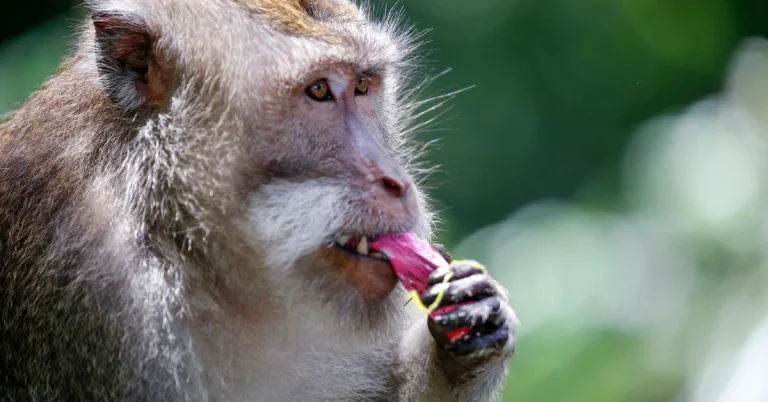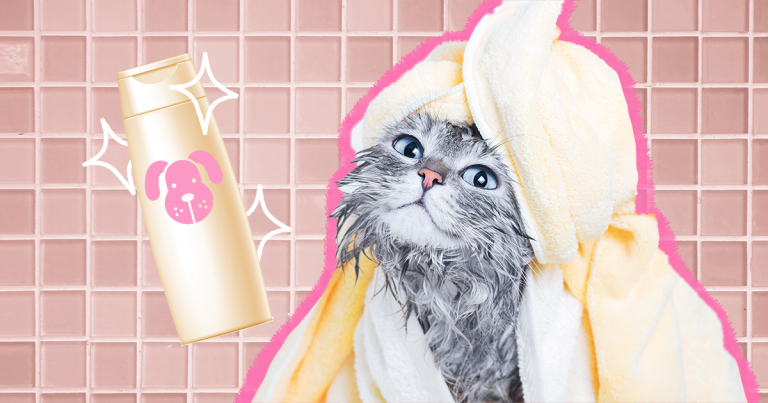Using only the Chinese Tiger Mother’s Strongest Points While Ignoring the Rest
Battle Hymn of the Tiger Mother by Amy Chua has generated a lot of heated discussions. Parents in the US are interested in how Asian students succeed in school and are admitted to prestigious universities in proportions higher than their representation in our population, despite opposition to the portions of Chua’s memoir that discuss the use of excessively demanding and even demeaning words and actions.
American parents want to teach their kids a sense of compassion and self-worth while simultaneously finding the best ways to support their academic success.
Sincere to God, I haven’t read Ms. Chua’s book. However, I know that the derogatory word Chua claimed a Chinese mother had used for her daughter was “trash” because I have followed news coverage and read numerous comments addressing what Chua has written. This is a flashpoint for those who would never consider killing our children while raising them.
Jane was ten years old when we first spoke. An exceptional student. She has excellent Mandarin and English skills. While only English was permitted in class, only Mandarin was permitted at home. After completing her assignment, she moved on to the other math. She left after the math drills to play the violin and the piano for three hours. Jane was a talented violinist and pianist. She made repeated unsuccessful attempts to get into Julliard.
Jane’s mother frequently referred to her as lazy and dim-witted.
Today, Jane received a master’s degree from Stanford University. Her parents agreed to pay for a portion of her college expenses. While working a low-paying job, she is still figuring out who she is and what she wants to achieve with her life.
John
John remained alone. I met him when he was twelve years old. His English and Mandarin are both perfect. We hardly ever hear him speak, though. He murmurs and seems uncomfortable—a student hailed as a genius for excelling in math and science. In addition to his daily math drills, John’s parents sent him to the local Kumon Tuition Center for additional Math and Science tuition.
As we all know, the government has mandated that most Chinese parents with small children have just one child to maintain population control. That implies that a parent devotes all of their available time, money, and emotional resources to parenting one child alone.
Do you concur with my assertion that having an only child has advantages because the youngster is the only one who hears all spoken words from the parents? In part, academic success among Chinese youngsters may be attributed to their early, robust linguistic development. The child and parent can spend countless hours interacting and talking to one another every day, especially in families where one parent stays at home with the small child during the early pre-school years.
According to research, a child’s exposure to language throughout the first four years of life has a significant impact on how advanced their language skills are—and even how intelligent they end up becoming. According to the study cited, children who hear at least 24,000 words per day perform considerably better than kids who hear fewer words. Some subjects in the ten-year research performed badly in school and had a pronounced deficit in word exposure as young children.
Please be aware that there are ways to talk — specific techniques you can use — to get the most benefit from your talking efforts if you decide that talk as much and as meaningfully as you can to your child and each of your children if you have more than one, is a highly positive and valuable factor in your child’s development that you want to provide. Frequent speaking calls for more than just using lots of words. More is required to encourage your child’s speech and language development.
It would help if you decided to make the most of your time by talking to your child more frequently throughout the day after learning how to interact with them better.




